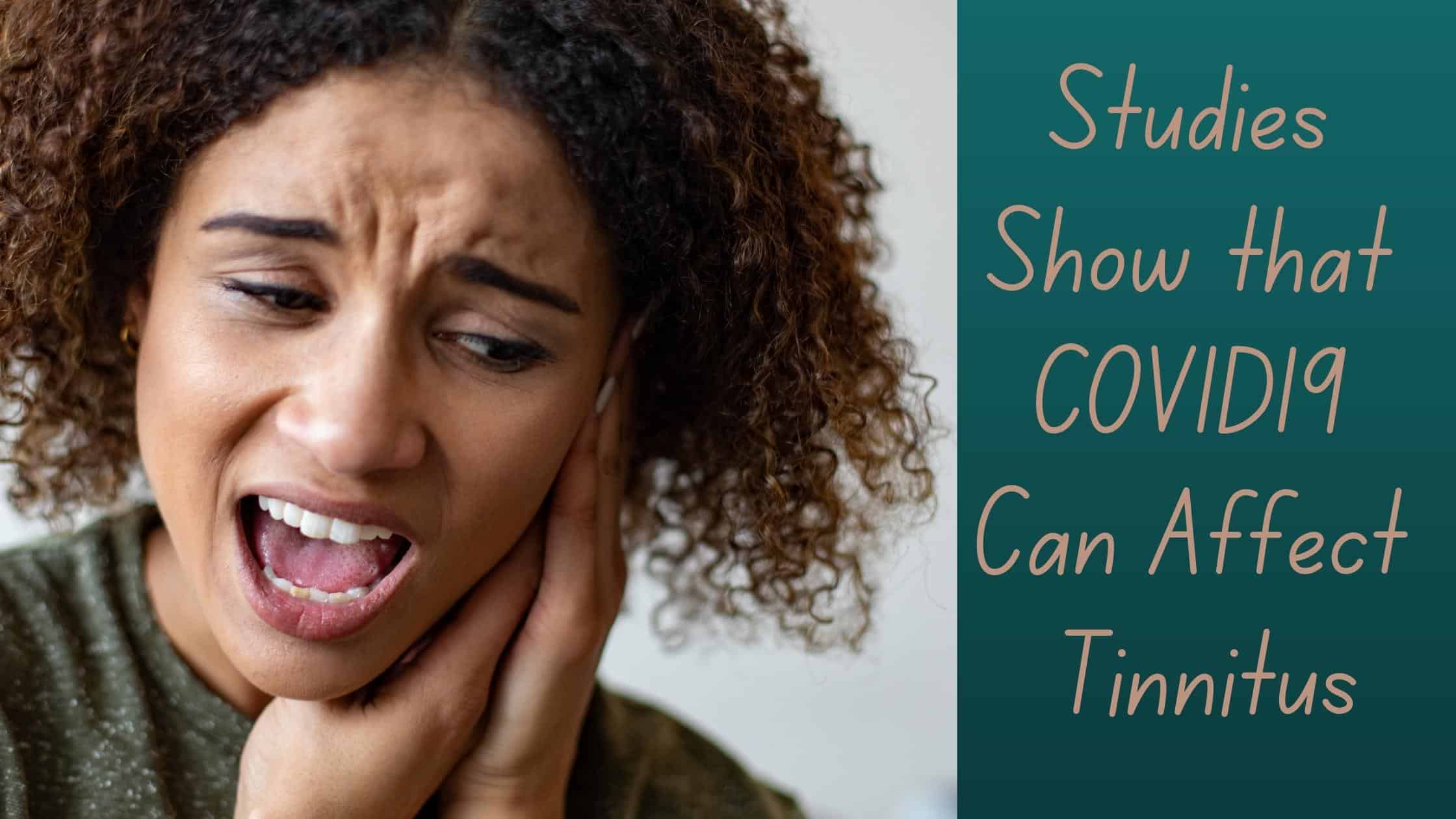Tinnitus is a common condition that affects about 17% of all adults. The majority of people who suffer from tinnitus also suffer from hearing loss, implying an immediate connection between the two. Tinnitus is also the first sign that the hearing system has been affected by exposure to heavy noise or harmful medications to the ear. Although we all know that noise causes tinnitus, there is now evidence of a connection with the coronavirus.
The Research
The connection between COVID-19 and tinnitus was explored in a study led by Eldre Beukes, a research fellow at Anglia Ruskin University in Cambridge, England. More than 3,100 people from 48 countries were surveyed, with the majority hailing from the United States and the United Kingdom. They discovered that 40 percent of people with COVID-19 symptoms have their current tinnitus symptoms get worse. Some participants said that developing coronavirus symptoms caused their tinnitus. According to the report, tinnitus may be a “long COVID” symptom for some people.
Most respondents concluded that lockdown measures were making their tinnitus worse, according to the researchers. This was recorded by 46 percent of people in the United Kingdom and 29 percent of North American people. They attributed their growing dissatisfaction to increased video calls, noisier home environments, and increased coffee and alcohol consumption. Fear of contracting COVID-19, financial worries, isolation, and sleeping problems were also mentioned by about a third of those polled. During the pandemic, tinnitus was particularly troublesome for women and people under the age of 50.
There is a growing body of evidence linking tinnitus and COVID-19.
This is not the only study linking tinnitus with COVID-19. Professor Kevin Munro of the University of Manchester discovered 56 studies linking COVID-19 to auditory and vestibular issues. They combined data from 24 studies to estimate that 7.6% of people have hearing loss, 14.8 percent have tinnitus, and 7.2 percent have vertigo.
Tinnitus has been recorded as a common symptom of long COVID, a condition in which symptoms persist for weeks or months after the infection has passed.
“Over the last few months I have received numerous emails from people who reported a change in their hearing, or tinnitus after having COVID-19”, mentioned Professor Munro. “While this is alarming, caution is required as it is unclear if changes to hearing are directly attributed to COVID-19 or to other factors, such as treatments to deliver urgent care.”
Why is there a correlation between COVID-19 and tinnitus?
Although we don’t know for sure how COVID-19 affects tinnitus, there are several possibilities:
Blood vessels that have been affected
According to Dr. Matthew Steward, associate professor of otolaryngology at Johns Hopkins Medicine, COVID-19 causes loss of smell caused by the same processes that cause hearing loss and tinnitus.
When an individual is infected with COVID, the body releases platelet-making cells from the bone marrow into the bloodstream. The cells can become lodged in the tiny blood vessels of the nose, causing nerve damage.
The same thing can happen in the ear’s small blood vessels. Just as Covid-19 damages the tissues that enable us to smell, the virus may also harm tissues in the ear, and that this damage may last long after the virus is gone.
Drugs used to treat COVID-19 symptoms have side effects.
Some coronavirus drugs have a high risk of causing hearing loss, ringing in the ears, vertigo, and dizziness as a side effect. Quinine, chloroquine, and hydroxychloroquine are examples of these medications. Tinnitus and hearing loss are known side effects of these antiviral drugs, and the symptoms may be misdiagnosed as COVID-19-related.
Stress levels are rising.
People who are under a lot of stress may develop tinnitus as a result of their stress. Excessive stress has long been related to tinnitus symptoms, according to reports. According to the study we listed earlier, nearly one-third of people said stressors like fear of having Covid-19, financial worries, depression, and sleeping problems made their tinnitus worse.
What should we do to safeguard our hearing?
Your overall health influences tinnitus severity and effect, so now is an excellent time to assess your diet, physical activity, sleep, and stress levels — and take measures to change them. Treatment of depression, anxiety, insomnia, and pain with drugs or psychotherapy can also reduce the impact of tinnitus.
If you’re often exposed to loud noises at work or home, it’s vital to use hearing protectors such as earplugs, earmuff-like or custom-fitted devices to minimize the risk of hearing loss (or further hearing loss).
Do you suffer from tinnitus?
If you think you have tinnitus, contact us today for an appointment! We can provide the correct diagnosis to help you treat and manage your symptoms.

